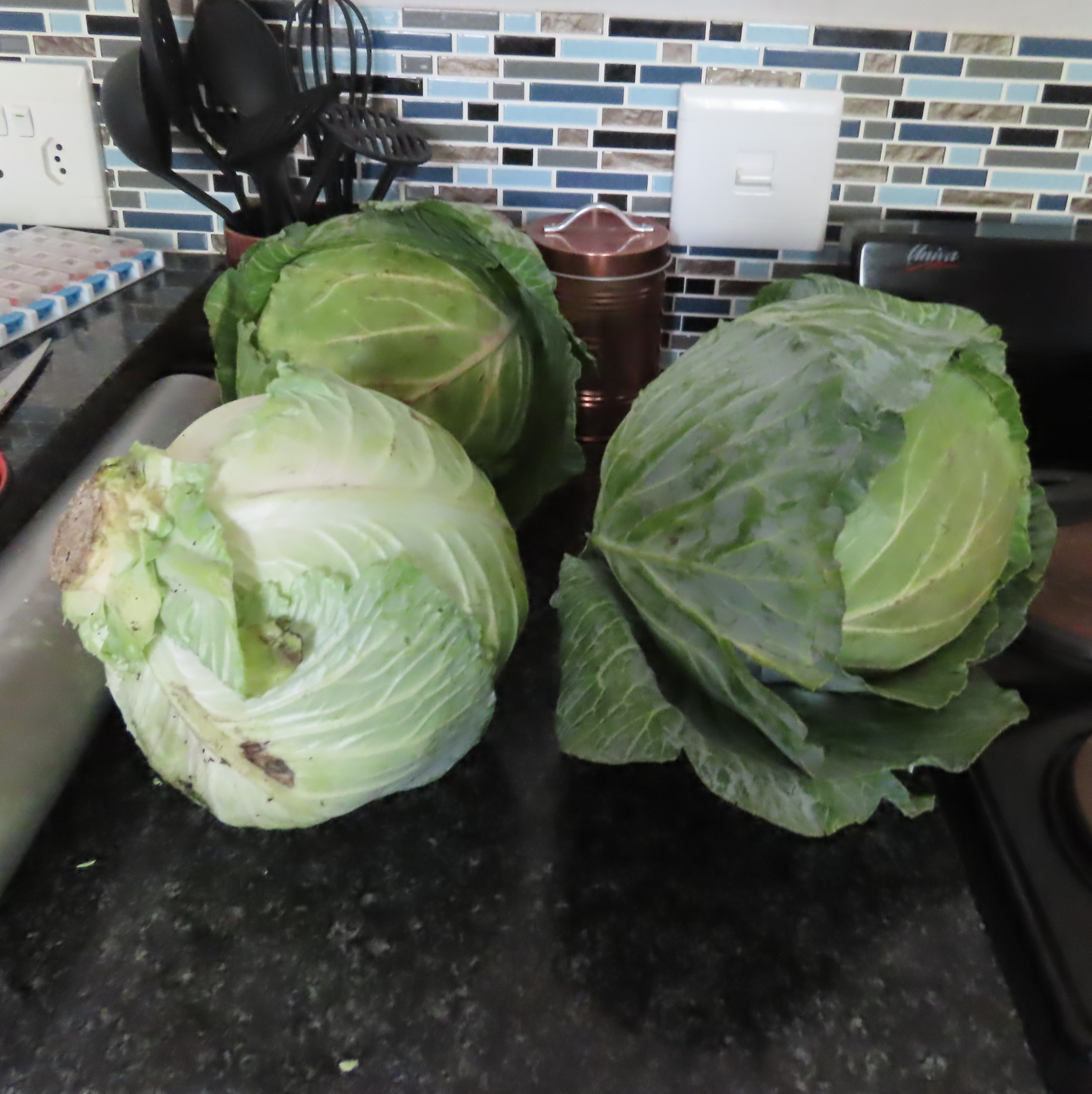
There’s no doubt, living in Africa has its share of problems; outrageous weather, mozzies, crime, corruption, conservation issues, and ongoing issues due to a poor infrastructure resulting in power, water, fuel, and WiFi outages. Also, wild animals can harm humans and property, including attacks by snakes and venomous creatures. More people are killed by hippos than any other animals in the wild.
What do visitors expect? Locals often say “TIF,” which means “This is Africa,” when visitors complain about the inconveniences caused by any of the above. These conveniences may be found in many of their home countries. In reviewing many of the issues mentioned above, our own USA is not exempt from any of these problems and is based on locations and circumstances.

Complaining doesn’t help. Proactive responses and behavior when these situations occur are the best and most logical solutions during tricky times. As I write here now, the power is out. Yesterday, Tom hauled buckets of pool water into both bathrooms for flushing the toilet.
Sure, I asked Louise when the water would return, and last night, it did, exactly as she stated. As for the power, I have an app on my phone to alert me to upcoming outages. Tomorrow, at sundowner time, we have guests coming, as mentioned in our prior post, who came to Marloth Park after reading our posts. The power will be out when they arrive at 4:00 pm, 1600 hrs.

Any cooking using the electric stove must be completed before the power goes out at 5:00 pm, 1700hrs. One of the appetizers we’re making requires 30 minutes in the oven. This will be done before the power outage. With a bit of planning, working around load shedding isn’t too tricky.
Another example regarding our awareness of rampant crime in South Africa was when we returned from the airport on Tuesday, after our trip to Zambia to make the 90-minute drive to Marloth Park on the two-lane N4 highway, known for carjackings, especially after dark. Thus, we planned accordingly, totally prepared to stay overnight if we couldn’t make it back to our holiday home before darkness fell.

Shortly after we entered the house, load shedding began. Fortunately, we made it in plenty of time. We had the portable lights ready to be used if necessary. It all worked out fine.
Do we appreciate less of these issues while in the US or other countries? I suppose for a moment. But, it’s not unlike being in sweltering weather and going inside to air conditioning…immediately, we forget about how hot we were only minutes earlier.
As I sit here now, using the WiFi to prepare and post today’s story, Tom is watching US football on his laptop, which lately has kept him busy for several hours each day. WiFi is a must for us. For us, a WiFi outage is harder to adapt to than power or water outages. When it’s out, we are at a loss about how to perform our usual daily tasks, conduct research, and escape into a bit of entertainment, especially in the evening after dark, when the wildlife hunkers down for the night.

When we have an endless stream of wildlife during busy times in the garden, we are easily entertained and preoccupied. It’s our favorite pastime! Plus, I can stay busy preparing meals, doing laundry, and tidying projects around the house. Next week, during a load shedding session, we plan to go to Kruger National Park, which keeps us thoroughly entertained and enlightened for an entire day spent driving through the park while searching for wildlife.
In many old posts, we discuss “adaptation” and how vital it is to enjoy where we’re living at any given time. Even during the lockdown in the hotel in India for ten months, we found ways to enjoy ourselves and make the most of the situation.
Traveling the world without a home is not necessarily easy. It requires an abundance of patience and resiliency, along with the ability to adapt to unfamiliar circumstances at every turn. We both have been and will continue to be committed to this lifestyle for as long as our health holds out.
Be well.
Photo from one year ago today, October 29, 2020;
 |
| This photo was posted one year ago while in lockdown in a hotel in Mumbai, India, on day #220. When we arrived at The Sands at Nomad Resort in Kenya, we were welcomed with flower leis and orange mango juice for our anniversary weekend. (I politely declined, but Tom enjoyed his). For more photos, please click here. |
